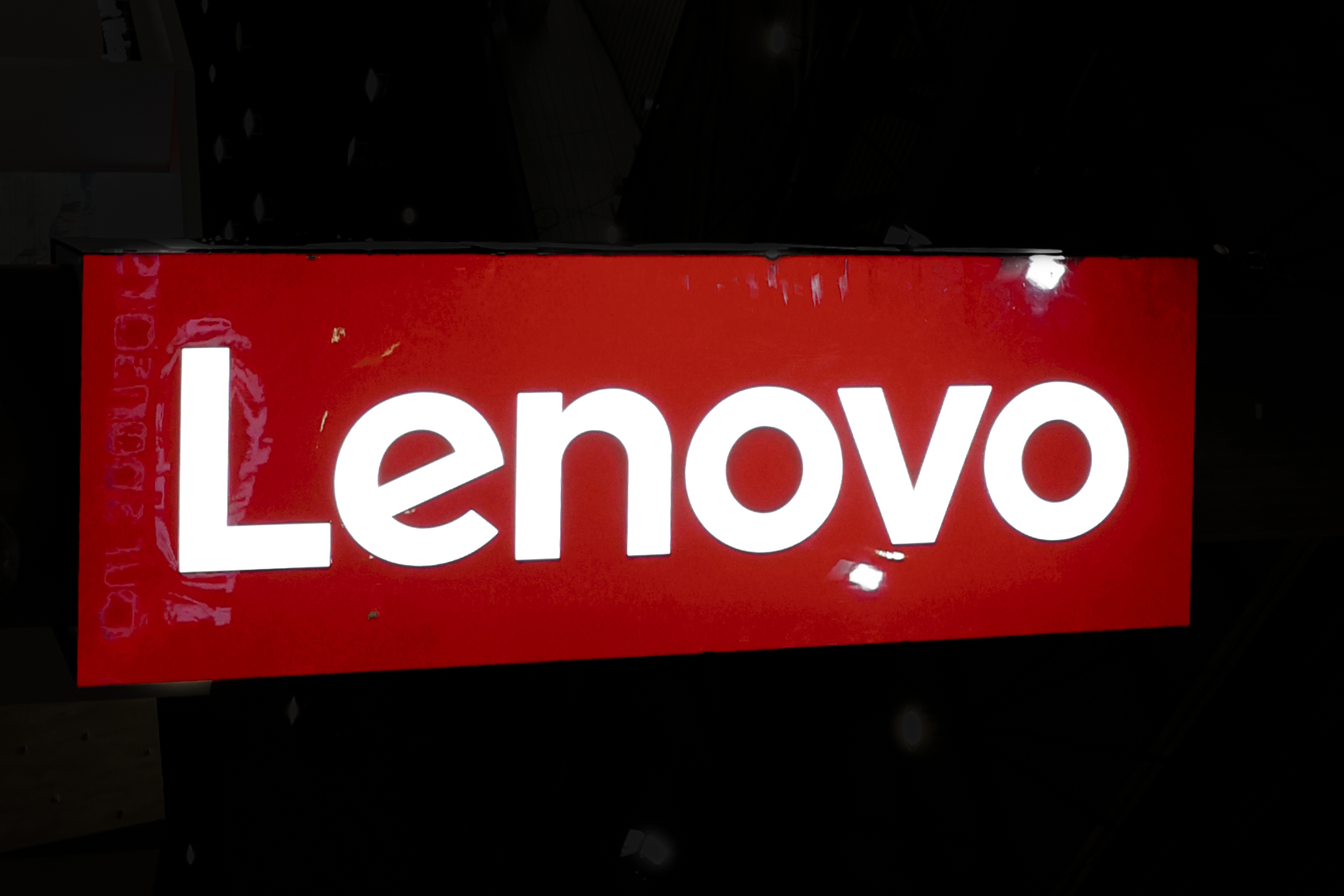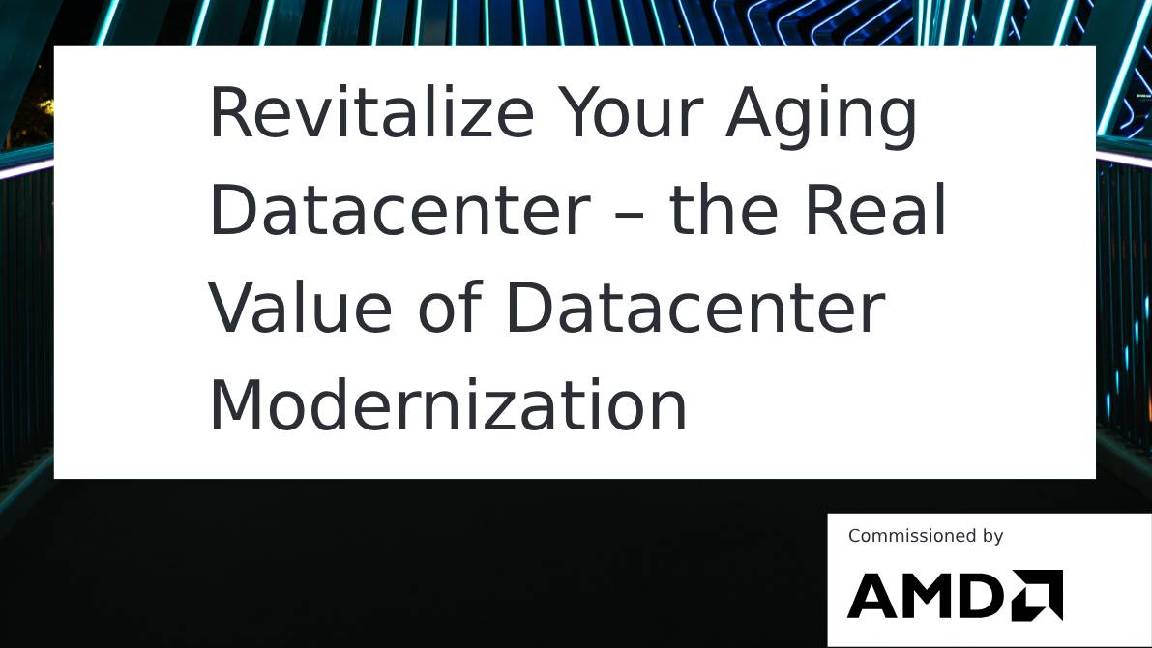Lenovo buffs hybrid cloud offering to support customer generative AI push
The Lenovo hybrid cloud solutions expansion looks to underpin customer generative AI deployments


Lenovo has expanded its hybrid cloud portfolio with solutions aimed specifically at optimizing generative AI deployments as firms ramp up adoption efforts.
The expansion will see new products including Lenovo’s ThinkAgile hybrid cloud solutions and ThinkSystem server platforms rolled out to customers, as well as expanded services for AI applications.
The ThinkAgile and ThinkSystem infrastructure solutions are built on the 5th generation Intel Xeon Scalable Processors, featuring Intel’s AMX technology that promises to increase efficiency and support AI inferencing and training on models up to 20 billion parameters.
Alongside its infrastructure solutions, Lenovo will provide Professional Services for AI and TruScale as-a-service offerings to assist businesses lacking the knowledge base that AI implementations require.
With its new hybrid cloud package, Lenovo appears to be priming up to capitalize on an expected spike in demand for AI-ready platforms that will support businesses looking to accelerate generative AI deployments.
Kamran Amini, vice president and general manager of server, storage, and software at Lenovo Infrastructure Solutions Group emphasized the importance of providing businesses with solutions that can support their generative AI ambitions.
“The new portfolio is designed to support today’s AI, virtualization and multi-cloud workloads while increasing energy efficiency and agility with one seamless platform.”
Get the ITPro daily newsletter
Sign up today and you will receive a free copy of our Future Focus 2025 report - the leading guidance on AI, cybersecurity and other IT challenges as per 700+ senior executives
Is hybrid cloud the key to generative AI success?
With organizations of all shapes and sizes exploring use cases for generative AI across their operations, the infrastructure and software solutions to facilitate implementing AI models are becoming increasingly important.
Public cloud solutions present a tempting option for businesses looking to minimize the work on their end, with this approach allowing organizations to avoid managing their own infrastructure and giving them access to pre-configured models to test and deploy AI applications.
Yet the public cloud is not without its drawbacks. Large enterprises who need to prioritize security and privacy, for example, will not want their private data hosted on the public cloud.
As such, hybrid cloud solutions will still have an important role to play in bringing generative AI to businesses.
Employing a mix and match approach between on-prem and public cloud solutions means businesses can benefit from its simplicity, and the raft of modern tools available for AI models, while also being able to train their models with private data in a secure environment.
This is a trend that is expected to continue across 2024 and beyond, according to industry stakeholders. Speaking to ITPro in October, NetApp chief executive George Kurian said he believes hybrid cloud will be “the only way” for businesses to capitalize on generative AI, highlighting the flexibility this model can provide.
“Customers will want to try proof of concepts on the public cloud where all the modern tools are available, and once they understand which makes sense, they can scale it in their own data center.”
RELATED RESOURCE

Discover a datacenter revitalization strategy that will help you dominate
DOWNLOAD NOW
A number of hybrid cloud solutions tailored for generative AI workloads have been announced recently, anticipating a surge in demand from business of all types.
HPE, for example, announced their ‘enterprise computing solution for generative AI’ that offers a full stack solution for enterprises to tune pre-trained models with their private data on-prem, and then deploy custom models across their organization via their GreenLake hybrid cloud platform.

Solomon Klappholz is a former staff writer for ITPro and ChannelPro. He has experience writing about the technologies that facilitate industrial manufacturing, which led to him developing a particular interest in cybersecurity, IT regulation, industrial infrastructure applications, and machine learning.
-
 Bigger salaries, more burnout: Is the CISO role in crisis?
Bigger salaries, more burnout: Is the CISO role in crisis?In-depth CISOs are more stressed than ever before – but why is this and what can be done?
By Kate O'Flaherty Published
-
 Cheap cyber crime kits can be bought on the dark web for less than $25
Cheap cyber crime kits can be bought on the dark web for less than $25News Research from NordVPN shows phishing kits are now widely available on the dark web and via messaging apps like Telegram, and are often selling for less than $25.
By Emma Woollacott Published
-
 How F1 harnessed AWS cloud computing to drive competition
How F1 harnessed AWS cloud computing to drive competitionCase study AWS simulations enabled radical design changes as F1 moved to embrace big data
By Barry Collins Published
-
 Lenovo acquires classroom cloud specialist Stoneware
Lenovo acquires classroom cloud specialist StonewareNews PC maker hits the acquisition trail and sets out consumer cloud development plans.
By Caroline Donnelly Published
